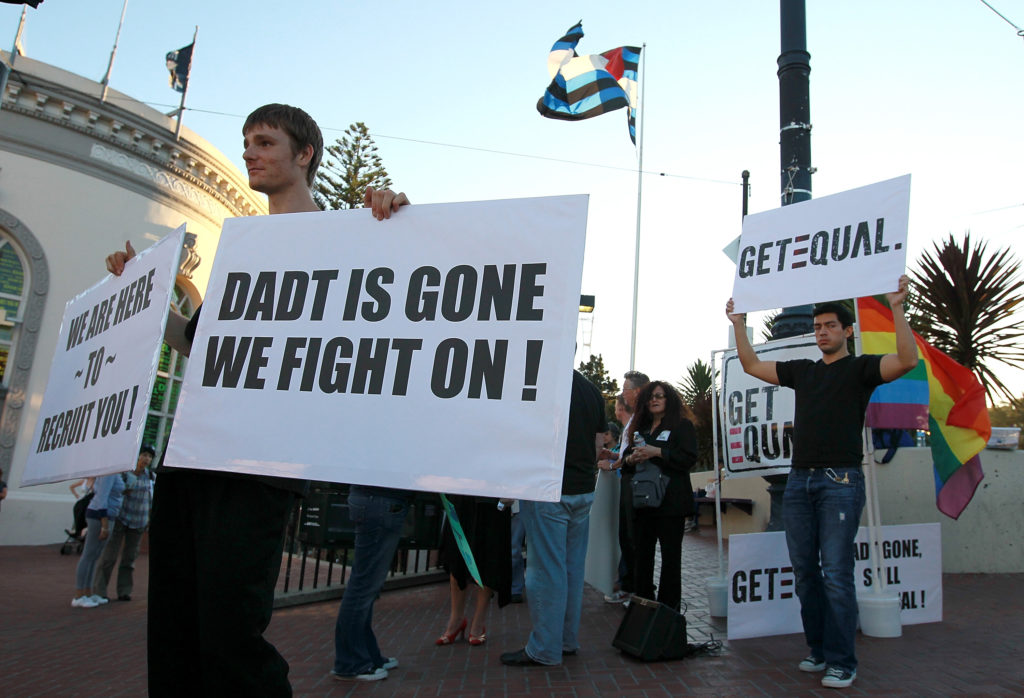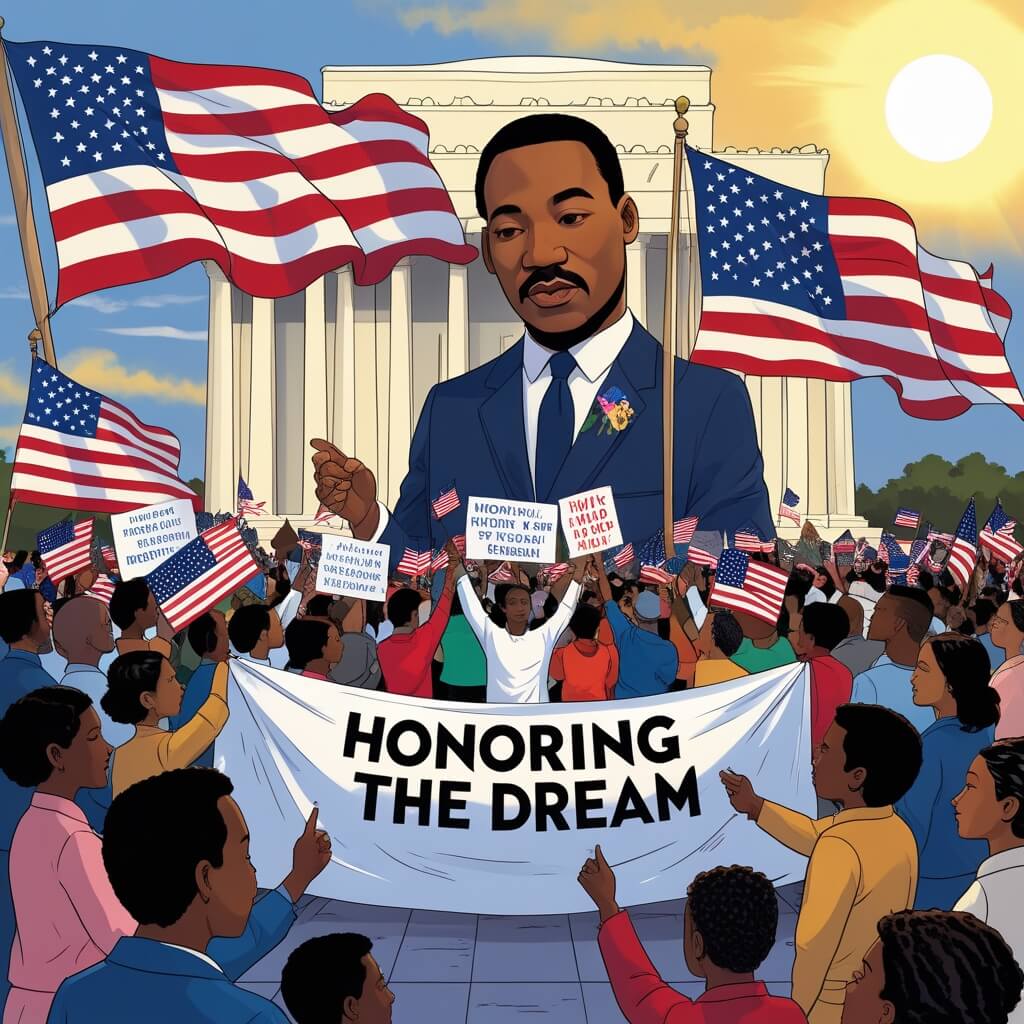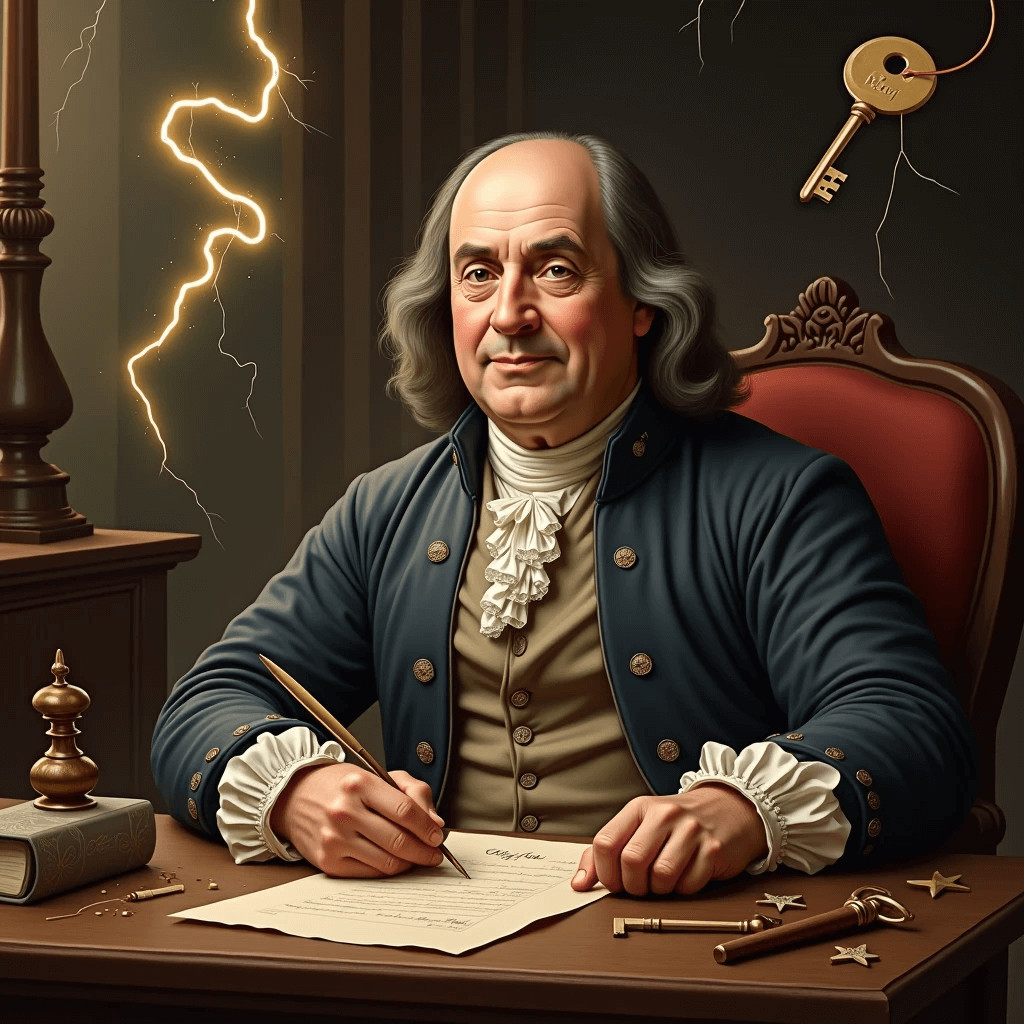The Repeal of “Don’t Ask, Don’t Tell” on September 20, 2011
On September 20, 2011, a significant chapter in LGBTQ+ rights was written when the controversial policy known as “Don’t Ask, Don’t Tell” (DADT) was officially repealed. This policy, which had been in place for nearly two decades, prohibited openly gay, lesbian, and bisexual individuals from serving in the U.S. military. Its repeal marked a major victory for equality and inclusion in the armed forces, finally allowing LGBTQ+ individuals to serve without fear of discrimination or discharge.
The Impact of “Don’t Ask, Don’t Tell”
Implemented in 1993, “Don’t Ask, Don’t Tell” was initially introduced as a compromise policy. While it allowed gay and lesbian individuals to serve, it came with a heavy caveat: they could not disclose their sexual orientation or risk expulsion from the military. This policy forced countless service members to live in silence, afraid that being outed could end their careers. By the time of its repeal in 2011, more than 13,000 service members had been discharged under DADT.
The Fight for Repeal
The movement to repeal DADT gained traction in the mid-2000s, as advocacy groups, LGBTQ+ activists, and military personnel came forward to share their stories of discrimination. In 2010, President Barack Obama signed legislation to repeal the policy, and on September 20, 2011, it was officially put to rest. As Obama said during the repeal, “No longer will brave Americans be asked to hide who they are to serve the country they love.” This shift brought long-overdue equality to the military, allowing service members to serve openly and with pride.

A Monumental Change for the Military
The repeal of DADT was not only a victory for LGBTQ+ rights, but it also reshaped the military. For the first time, service members no longer had to live in fear of being discharged simply for their sexual orientation. This policy change promoted greater inclusivity and diversity within the ranks, fostering a culture of respect and unity. Many military leaders and personnel embraced the change, recognizing that the ability to serve should be based on a person’s capability and dedication, not their sexuality.
Public Support and Controversy
While the repeal was a significant step forward, it did not come without controversy. Some critics argued that allowing openly gay individuals to serve would disrupt military cohesion. However, numerous studies conducted post-repeal showed no negative impact on military readiness or unit cohesion. In fact, the repeal garnered widespread public support, with polls showing that the majority of Americans believed it was the right decision.
Lasting Effects on LGBTQ+ Rights
The repeal of “Don’t Ask, Don’t Tell” is often seen as a key moment in the broader movement for LGBTQ+ equality in the United States. It paved the way for further victories, including the legalization of same-sex marriage in 2015. The removal of DADT from military policy not only impacted those in the service but also sent a powerful message of inclusion and acceptance across the nation.
Conclusion: A Step Toward Full Equality
The repeal of “Don’t Ask, Don’t Tell” on September 20, 2011, marked a pivotal moment in American history. It underscored the growing recognition that sexual orientation should not dictate one’s ability to serve their country. As the military continues to evolve, the lessons of DADT serve as a reminder of the importance of diversity, acceptance, and the ongoing fight for equality in all spheres of life.


